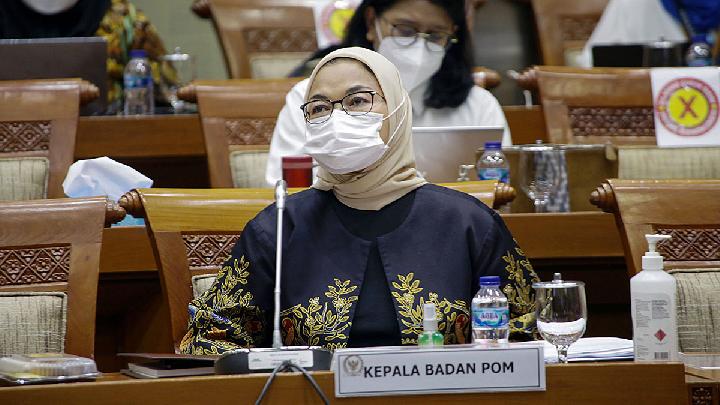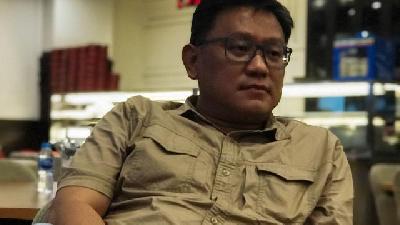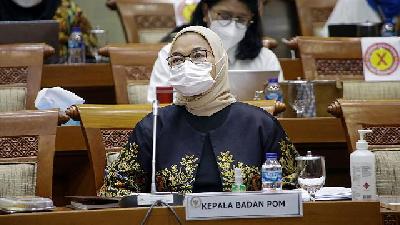BPOM Forbids Phase II Clinical Trial of Nusantara Vaccine
Monday, March 15, 2021
Weekly news
arsip tempo : 171391774165.

CHAIR of the Food and Drug Monitoring Agency (BPOM) Penny Kusumastuti Lukito has stated that Nusantara vaccine promoted by former health minister Terawan Agus Putranto fails to abide by medical norms. One of the reasons is the location of research was different from that of the ethical committee issuing the trial license.
The clinical trial license was issued by the Gatot Soebroto Army Central Hospital in Jakarta. Meanwhile, the research was con
...
Subscribe to continue reading.
We craft news with stories.
 For the benefits of subscribing to Digital Tempo, See More
For the benefits of subscribing to Digital Tempo, See More











